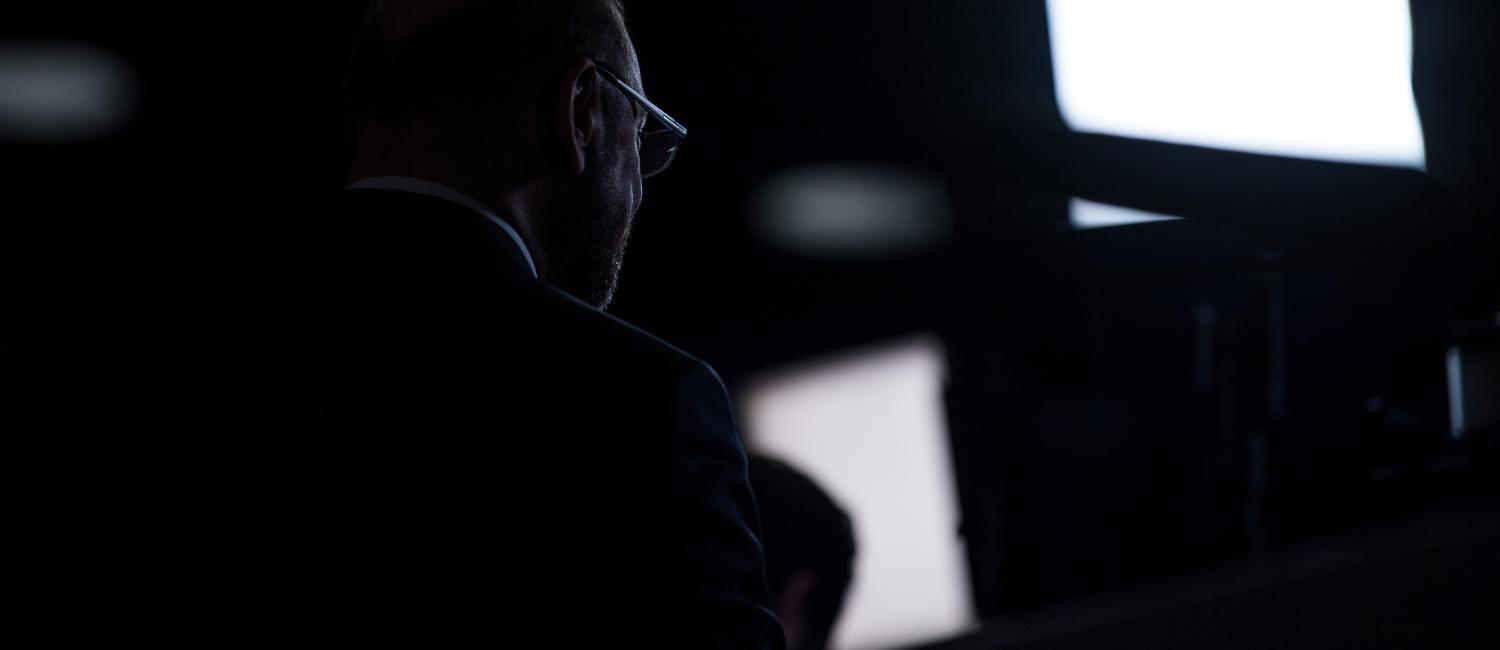Germany’s Social Democratic Party (SPD) is having a political nightmare from which it is unable to awake.
Wounded by the experience of four years as junior governing party to Angela Merkel’s conservative Union, in September the party limped to a meagre 20.5% of the vote: their worst post-war result. Exhausted and beset by infighting, party leaders then resolved to retreat into political hibernation, abandoning the gruelling assignment of coalition-building to other parties. Only from opposition, they reasoned, could they reconstruct themselves as a genuine party of government.
Yet with the dramatic retreat of the Free Democratic Party from coalition negotiations with Merkel in November, electoral arithmetic thrust the SPD once more into the spotlight. Only it had the numbers to provide the chancellor her majority. Prospects were grim: should the SPD refuse to negotiate for a so-called Grand Coalition ("GroKo"), they would likely consign themselves to fresh elections and the verdict of an angry and unforgiving electorate. The result, many feared, would be the humiliating end of Germany’s oldest political party.
That anxiety still permeates the SPD as it embarks on formal coalition negotiations with Merkel. Last week, party delegates to an extraordinary meeting in Bonn voted 56–44% in favour of entering coalition talks. More than 400,000 party members will cast their judgement on the final negotiated deal in a few weeks’ time. How the vote will go is anybody’s guess, but that the Bonn delegates were so divided on the issue hardly bodes well: both the conservatives and the public now know that a GroKo government would be propped up by many individuals who oppose it.
Leading the opposition to GroKo within the party is its youth wing, led by the energetic and articulate 28-year-old Kevin Kühnert. Employing a similar tactic to that used in 2015 by the Momentum movement in Britain to elect Jeremy Corbyn as Labour Party leader, the youth wing has launched a campaign encouraging people to join the SPD on a short-term basis in order to vote against GroKo when the ballot is called.
Inspired by Corbyn, the SPD youth is increasingly convinced that the salvation of the centre-left party lies in its capacity to transcend the old politics of careerism, back-door deals and dull consensus – a politics encapsulated in the mundane bureaucratism of the current party leadership. Unlike their British counterparts, however, youth wing members have no cardinal figure around whom to rally. Still less have they a desire to purge the party leadership. This is less an ideological challenge (Germany, after all, boasts two other left-wing parties that each represent about 10% of the electorate) than a fight for the party’s future.
One can easily sympathise: after September’s election, the SPD had a clear vision of its medium-term future. It would rebuild and rebrand, entering the 2021 elections untainted by the legacy of government, brandishing a comprehensive policy platform and a vigour to convince voters of the need for change after 16 years of conservative government.
Now that vision is cloaked in fog. 2021 no longer stands on the near side of the horizon. What might be good for the country might not be good for the party. The next generation does not want to inherit a rump.
But SPD opposition to GroKo is about more than self-preservation. Many in the party feel they have been forced to absorb much of the dissatisfaction of the failures of the previous Grand Coalition while reaping none of the credit.
What’s worse, there is no signal whatsoever to suggest the outcome will be any different this time around: the preliminary coalition paper circulated before the delegates’ vote was hardly inspiring on this front, and the rhetoric of the party leadership has barely challenged the anodyne politics of consensus. More ominously, centrist coalitions have traditionally helped foment the political extremes.
Simply put, GroKo opponents reflect a widespread attitude in contemporary Germany: Grand Coalitions are bad for democracy.
So what options remain for the SPD leadership? One is to be as vocal and demanding as circumstances allow, demanding movement on issues they believe will distinguish them from the Union. The purpose here would be to assert the SPD’s importance as a governing party and to persuade its base that the party’s goals are more achievable in government than out of it.
One such issue is Europe. Party leader Martin Schulz, a European idealist, is much more sympathetic than the pragmatic Merkel is to Emmanuel Macron’s proposed reforms to the EU. He and his party know that time has never been more opportune for EU reform, and indeed Europe stood as item number one on the coalition blueprint paper.
But more important in the immediate term will be domestic issues, such as the family reunification program for refugees and the equalisation of medical fees for those with public and private health insurance. It is out of the nitty-gritty of these topics that a government will be formed.
Fortunately for Germany, Merkel is good at nitty-gritty. Given the fissures within the SPD, the coming days and weeks will be a period of great uncertainty in Berlin and, by extension, Europe. But the country remains calm. Despite the frustrations of coalition-building over the past four months, the chancellor has refused to be rushed, and her attitude seems to have been welcomed by business and public alike.
Further, a GroKo failure does not, strictly speaking, entail fresh elections. Merkel may dare to limp on in a minority government, uncommon in Germany but certainly workable under a centrist chancellor with a broad spectrum of parties to deal with. Although this would be far from optimal, many would prefer it to a Grand Coalition.
A marriage, they say, is not an agreement, but a permanent act of will. As has become clear to anybody observing the SPD over the previous few months, will is conspicuously lacking.

